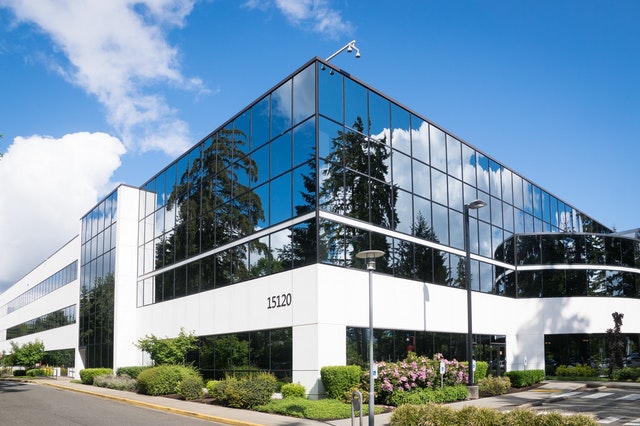If you’re planning to open a brick-and-mortar business, the first step is to find the right commercial property where you can operate. This decision will have a major impact on your business’s visibility, customer traffic, and overall success. It’s highly recommended to work with commercial property agents who can guide you through the process, helping you find a location that fits your needs and budget. These professionals can also negotiate lease terms and ensure that the property complies with all zoning and legal requirements, allowing you to focus on building and growing your business.
After acquiring the property, then comes the managing part. There is no end to the administrative and maintenance tasks to be done. Keeping employees safe, secure, and productive while adhering to all the codes of conduct required by law is no mean feat. So how do you keep on top of your commercial building?
One crucial aspect of commercial building maintenance is having a watertight insurance policy behind you. When you have the right insurance policy to protect your commercial building, it will give you the backup you need so that if or when disaster strikes, your business won’t suffer from it.
In this post, we’ll explore 3 things you should know about insuring your commercial building, so you can choose the right insurance policy for your needs.
1. Consider the major vulnerabilities of your commercial building.
When you are researching insurance policies for a commercial property, you should take into account the major vulnerabilities of the property. These vulnerabilities are dependent on myriad factors, some of which may include:
- Weather. If you live in an area that is susceptible to earthquakes, hurricanes, heavy rain or heavy snowfall, this should be factored in as a major risk to the integrity of the property.
- Location. If your commercial property is located in a rural area, for example, it is less susceptible to crime and pollution damage than a building located in the inner city.
- How the building is constructed. The materials used to construct your commercial property will dictate its level of vulnerability to damage and theft. For example, if your commercial property is an old building constructed from brick or stone, it may cost more to maintain than a modern construction – but, on balance, it is less likely to fall prey to external damages.
It’s also essential to assess the building’s drainage system. Poor drainage can lead to significant damage during heavy rainfall or flooding, which might not always be fully covered by your insurance. Consulting drainage experts, Express Drainage Solutions, can help you identify and address any drainage vulnerabilities before they turn into costly problems.
2. Take on board the type of work employees are conducting and insure accordingly.
The work being conducted within the building itself will dictate the insurance policy you need to choose. For example, a chemical plant in which workers are exposed to dangerous materials will require a heightened level of insurance than a regular office building full of laptops and coffee machines.
Many commercial property managers attempt to downplay the risk incurred within their building, in order to get a cheaper deal on their insurance. However, in the long run, this only incurs more risk to you as the property owner or manager. If your insurance policy doesn’t cover any and all potential risks, you could wind up with a huge payout if something happens.
3. Communicate openly with your insurance company.
Running a commercial property means hoping for the best and expecting the worst. In order to maintain the property efficiently and safely, you must be open with your insurance company about any changes made to the structure of the property. This means that if you need to make a claim, you won’t be met with red tape or loopholes that force you to pay out of pocket.
If you do make a claim that is met with pushback by your insurance company, contact insurance claim attorneys in your area to help you get through the process.
Overall, managing a commercial property requires a lot of knowledge and attention – so use this guide to help you choose the right insurance policy.
